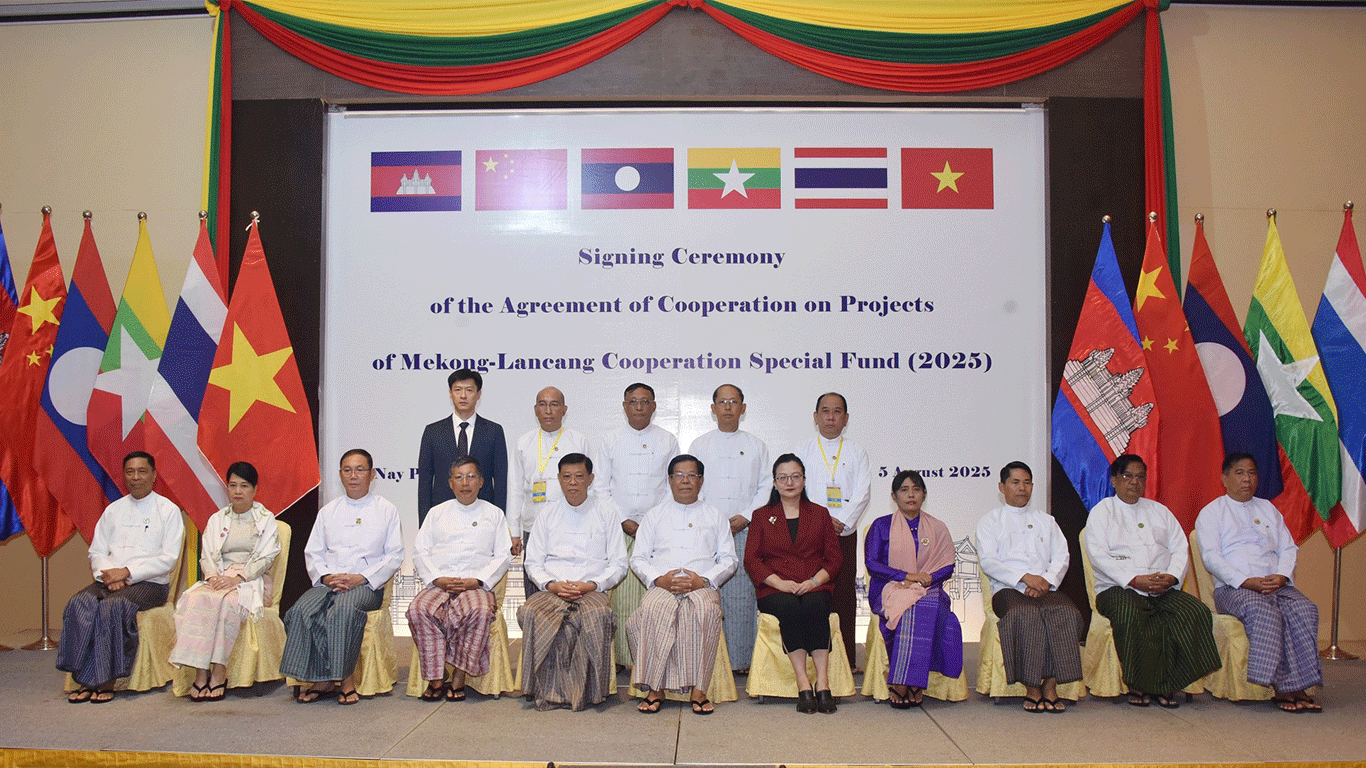Global concerns mount as China's restrictions on critical mineral exports come into effect
Concerns over China's grip on critical minerals intensified on Tuesday, as global automakers joined their U.S. peers in warning that Beijing's export restrictions on rare earth alloys, mixtures, and magnets could lead to production delays and disruptions unless a swift resolution is found.

Global Alarm Deepens as China's Rare Earth Export Curbs Threaten Automotive and Tech Supply Chains
German automakers became the latest to raise alarms over China’s export restrictions, warning that the curbs could halt production and disrupt local economies. Their concerns follow a similar warning issued last week by an Indian electric vehicle manufacturer.
Beijing’s decision in April to suspend exports of various rare earth elements and related magnets has sent shockwaves through global supply chains crucial to the automotive, aerospace, semiconductor, and defense industries.
The move highlights China’s overwhelming dominance in the critical minerals sector and is widely seen as a strategic response in its escalating trade conflict with U.S. President Donald Trump. Trump has sought to rebalance trade with China by imposing sweeping tariffs on billions of dollars' worth of imports, aiming to shrink the trade deficit and revive domestic manufacturing.
However, markets reacted sharply to the tariffs, prompting the Trump administration to scale back some of the measures. In response, China introduced its own tariffs and has begun using its control over vital supply chains—including rare earth exports—as leverage in the ongoing standoff.
White House Press Secretary Karoline Leavitt confirmed on Tuesday that President Trump and Chinese President Xi Jinping are expected to speak later this week, with China's export curbs likely to top the agenda. “The administration is actively monitoring China’s compliance with the Geneva trade agreement,” Leavitt said. “Our officials remain in close communication with their Chinese counterparts.”
Trump has previously indicated that Beijing’s sluggish implementation of the agreed-upon easing of export restrictions may constitute a violation of the Geneva deal reached last month.
Magnets Stuck at Chinese Ports
Rare earth magnets—critical for manufacturing everything from electric cars and drones to industrial robots and missiles—are now stuck at Chinese ports as exporters navigate a slow-moving licensing process.
The delays have sparked panic in boardrooms and government offices from Tokyo to Washington. With few alternative suppliers available, concerns are mounting that production of vehicles and other essential technologies could grind to a halt by late summer.
“If the situation doesn’t improve quickly, production delays—and even complete shutdowns—may become unavoidable,” said Hildegard Mueller, head of Germany’s auto industry association, in an interview with Reuters.
Chinese state media reported last week that Beijing might ease restrictions for European semiconductor firms. Meanwhile, the Ministry of Foreign Affairs has expressed willingness to enhance cooperation on export controls.
Still, China’s rare-earth magnet exports dropped by half in April, as exporters struggled with the opaque licensing regime.
Frank Fannon, a former U.S. Assistant Secretary of State for Energy Resources and current minerals industry consultant, said the disruptions were predictable. “No one paying attention should be surprised by what’s happening. The U.S. faces a production gap, and we need an all-of-government approach to secure resources and scale up domestic capabilities. That should have started yesterday,” Fannon said.
Global Push for Urgent Talks with Beijing
Diplomats and industry leaders from India, Japan, and Europe are now scrambling to meet with Chinese officials to accelerate export approvals, sources told Reuters. A Japanese business delegation is set to visit Beijing in early June for talks with China’s Ministry of Commerce, while European diplomats from major auto-producing nations have requested emergency meetings in recent weeks.
India, too, is preparing to send a group of auto executives to Beijing in the coming weeks, following a warning from Bajaj Auto that further delays in securing rare earth magnets could severely disrupt its EV production.
Last month, the Alliance for Automotive Innovation—which represents major automakers including General Motors, Toyota, Volkswagen, and Hyundai—sent a letter to the Trump administration echoing these concerns.
“Without consistent access to these elements and magnets, suppliers cannot produce essential automotive components—such as automatic transmissions, throttle bodies, alternators, motors, sensors, seat belts, speakers, lights, power steering systems, and cameras,” the group warned.
What's Your Reaction?






















































































